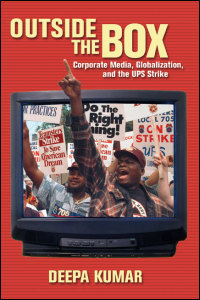(Courtesy of Eileen Abel)
HERE IS THE WASHINGTON POST'S MENSA INVITATIONAL CONTEST WHICH ONCE AGAIN ASKED READERS TO TAKE ANY WORD FROM THE DICTIONARY, ALTER IT BY ADDING, SUBTRACTING, OR CHANGING ONLY ONE LETTER, AND SUPPLY A NEW DEFINITION.
HERE ARE THE WINNERS:
1. Cashtration (n.): The act of buying a house, which renders the subject financially impotent for an indefinite period of time.
2. Ignoranus: A person who's both stupid and an asshole.
3. Intaxication: Euphoria at getting a tax refund, which lasts until you realize it was your money to start with.
4. Reintarnation : Belief that one will come back to life as a hillbilly.
5. Bozone (n.): The subs tance surrounding stupid people that stops bright ideas from penetrating. The bozone layer, unfortunately, shows little sign of breaking down in the near future.
6. Foreploy: Any misrepresentation about yourself for the purpose of getting laid.
7. Giraffiti: Vandalism spray-painted very, very high.
8. Sarchasm: The gulf between the author of sarcastic wit and the person who doesn't get it.
9. Inoculatte: To take coffee intravenously when you are running late.
10. Osteopornosis: A degenerate disease. (This one got extra credit.)
11 . Karmageddon: It's like, when everybody is sending off all these really bad vibes, right?20And then, like, the Earth explodes and it's like, a serious bummer.
12. Decafalon (n.): The grueling event of getting through the day consuming only things that are good for you.
13. Glibido: All talk and no action.
14. Dopeler effect: The tendency of stupid ideas to seem smarter whenn they come at you rapidly.
15. A rachnoleptic fit (n.): The frantic dance performed just after you've accidentally walked through a spider web.
16. Beelzebug (n.): Satan in the form of a mosquito, that gets into your bedroom at three in the morning and cannot be cast out.
17. Caterpallor ( n.): The color you turn after finding half a worm in the fruit you're eating.
THE WASHINGTON POST HAS ALSO PUBLISHED THE WINNING SUBMISSIONS TO ITS YEARLY CONTEST, IN WHICH READERS ARE ASKED TO SUPPLY ALTERNATE MEANINGS FOR COMMON WORDS... AND THE WINNERS ARE:
1. coffee, n. the person u pon whom one coughs.
2. flabbergasted, adj. appalled by discovering how much weight one has gained.
3. abdicate, v. to give up all hope of ever having a flat stomach.
4. esplanade, v. to attempt an explanation while drunk.
5. willy-nilly, adj. impotent.
6. negligent, adj. absentmindedly answering the door when wearing only a nightgown.
7. lymph, v. to walk with a lisp.
8. gargoyle, n. olive-flavored mouthwash.
9. flatulence, n. emergency vehi cle that picks up someone who has been run over by a steamroller.
10. balderdash, n. a rapidly receding hairline.
11. testicle, n. a humorous question on an exam.
12. rectitude, n. the formal, dignified bearing adopted by proctologists.
13. pokemon , n. a Rastafarian proctologist.
14. oyster, n. a person who sprinkles his conversation with Yiddishisms.
15. Frisbeetarianism, n. the belief that, after death, the soul flies up onto the roof and gets stuck there.
16. circumvent, n. an opening in the front of boxer shorts worn by Jewish men.








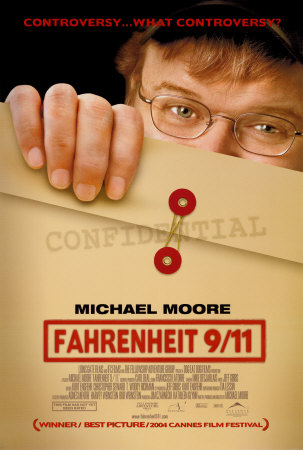




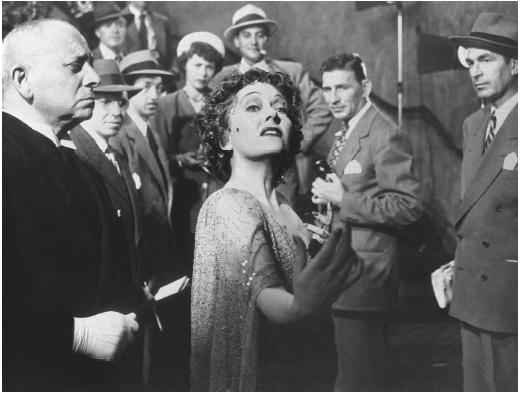
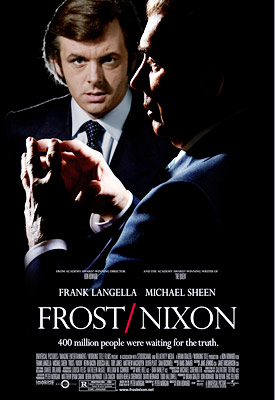
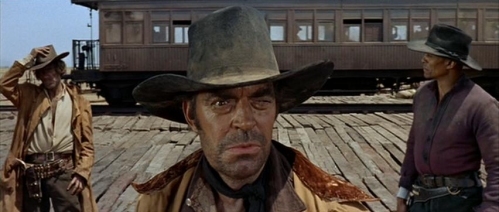




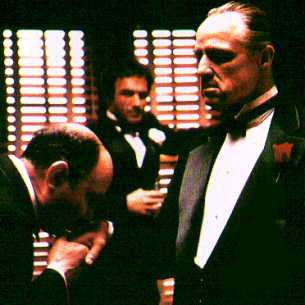











.jpg)


